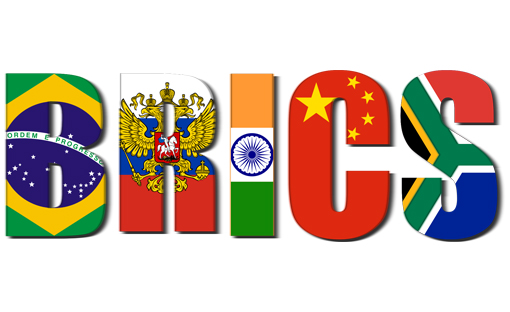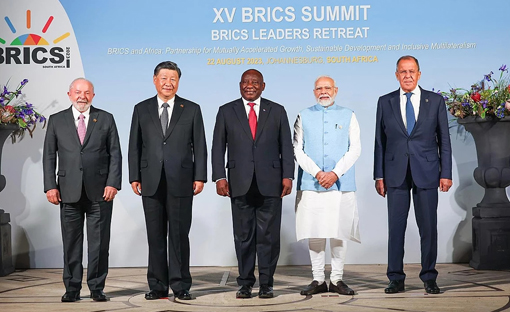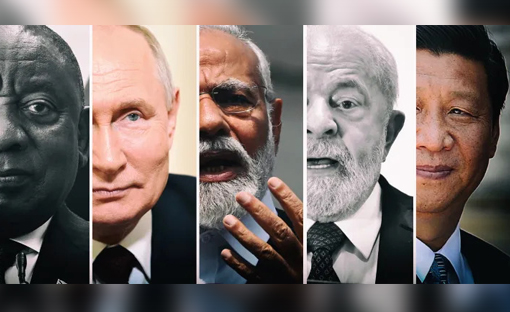Amidst a facade of unity, differing opinions arose within BRICS group’s expansion plans. During a South African summit, the BRICS group, consisting of Brazil, Russia, India, China, and South Africa, extended invitations to Argentina, Egypt, Ethiopia, Iran, the United Arab Emirates, and Saudi Arabia, aiming to establish itself as an alternative to Western-led forums. The
Amidst a facade of unity, differing opinions arose within BRICS group’s expansion plans. During a South African summit, the BRICS group, consisting of Brazil, Russia, India, China, and South Africa, extended invitations to Argentina, Egypt, Ethiopia, Iran, the United Arab Emirates, and Saudi Arabia, aiming to establish itself as an alternative to Western-led forums.
The move comes as BRICS seeks to counter the influence of Western-dominated entities like the G7 and the World Bank. With a combined representation of a quarter of the global economy and around 40% of the world’s population, the group aims to reshape global dynamics.
Despite projecting unity, discussions at the summit highlighted differing viewpoints on expansion. While some leaders expressed concerns about recreating Cold War-like divisions, others were cautious about shifts in the group’s dynamics.
Particularly, India emphasized retaining influence due to its ongoing territorial disputes with China. Brazil and South Africa aimed to avoid estrangement from their European and North American partners.
The inclusion of Iran in the expansion raised eyebrows, hinting at Russia and China’s sway. This move could potentially heighten geopolitical tensions due to Iran’s complex international relations.

The BRICS group’s intention to promote diversity in an increasingly polarized world gains importance amid global events such as Russia’s actions in Ukraine and strained US-China relations.
While there’s speculation about BRICS becoming a geopolitical rival to Western powers, US officials downplayed this possibility. The Biden administration highlighted positive relations with existing BRICS members and expressed commitment to managing relationships with China and countering Russian aggression.
Chinese President Xi Jinping termed the expansion as “historic,” advocating for swift inclusion. He stressed the importance of collectively defining and upholding international rules.

Indian Prime Minister Narendra Modi saw the expansion as a signal for global institutions to adapt to evolving times. The invited countries – Saudi Arabia, Egypt, Argentina, Iran, UAE – each bring unique implications to the table. This expansion could further reshape the geopolitical landscape and global alliances.




















Leave a Comment
Your email address will not be published. Required fields are marked with *